The older adults in my life like to joke that getting old means going to more funerals than weddings. Among older adults, grieving the loss of a loved one can become a common occurrence. Even the strong at heart have a difficult time coming to terms with this reality, and it’s important to support the older adults in our life as they experience grief and loss. As a first line of support, family members have an important role to play in helping our parents and grandparents grieve. However, many of us can’t relate to what they’re going through.
Grief is different for everyone, but your grieving loved one is likely to experience some or all of the typical stages of grief. Here are the 9 stages of grief, what to expect, and what you can do to help your parent grieve in a healthy and constructive way.
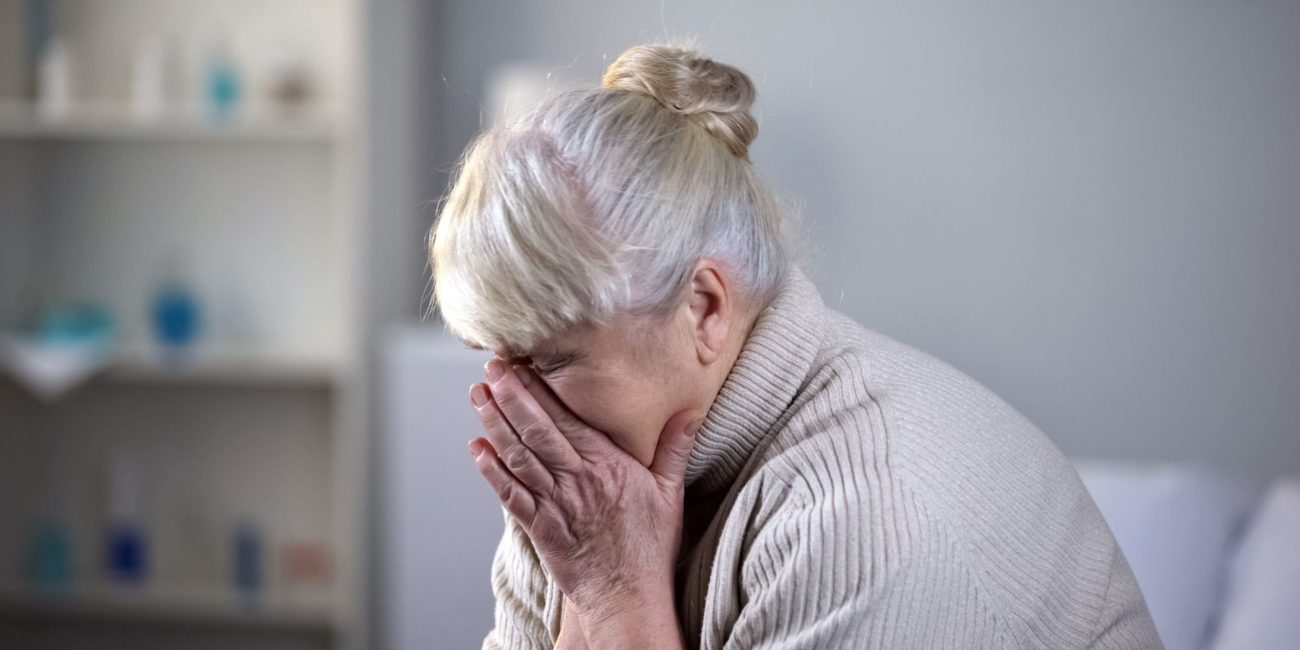
Shock & Denial
What’s happening?
Typically, shock and denial presents itself in the days immediately following an event. In this stage, the mind elicits a protective response to traumatic events. One might feel numb, presenting almost no tears and emotions. This is accompanied by disbelief wherein your parents might deny reality for a short period of time. While this behavior is confusing to watch, it’s very normal.
What can you do?
This is a time to offer emotional support. Give your parent some space, but let them know you’re there for them. Offer yourself as a resource. If they have someone to talk to, they can begin to process reality.
Disorganization
What’s happening?
As denial fades and the reality of a traumatic event sets in, your loved one might begin to “check-out” from the ordinary processes of life. They can become fixated on the loss and abandon routines such as housekeeping, paying bills, and typical social activities. Disorganization can be confused for dementia
What can you do?
Encourage them to seek out natural systems of support. This might be family, friends, or a church community. Allow them to speak about loss on their own terms. Oftentimes, they might want to seek out social interaction without the burden of explaining their grief.
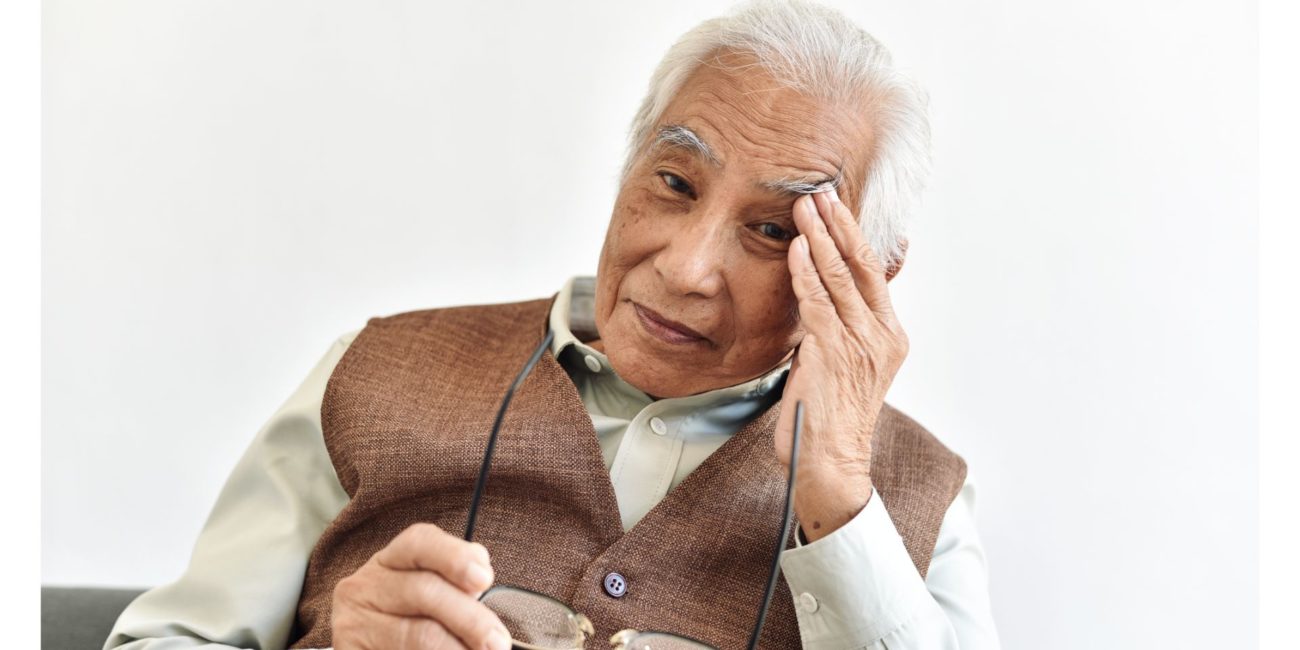
Anger
What’s happening?
This stage is expressed through a feeling of resentment or hopelessness. Anger associated with grief is not often expressed through outbursts of emotion. Instead, you’ll notice a consistently agitated demeanor. They’ll feel hurt and frustrated, and misdirect that anger towards those around them.
What can you do?
Give them space to express their emotions. Recognize that the frustration they’re expressing is not often rational, but a natural psychological response to the grief they’re experiencing. In this stage, patience is key. This behavior will pass with time.
Guilt and Bargaining
What’s happening?
Guilt and bargaining can often coincide with the “anger” stage of grief. This stage is often referred to as the period of “if only’s.” Those experiencing guilt and bargaining will often try to put the blame on themselves and others, arguing that “if only we had done this…. Then that would not have happened.” They might also make appeals to religion, asking God to bring a loved one back or attempting to bargain with God.
What can you do?
In this scenario, it might be good to encourage your loved one to find support from a therapist or other respected third party. Therapists like those at WellQor can help your loved one understand the reality of the situation, take the blame off of themselves and others, and begin to think constructively. Talking to a therapist can be a grounding experience for those experiencing grief. As your loved one tries to rationalize their emotions, a neutral third party can direct them towards healthy coping behaviors.
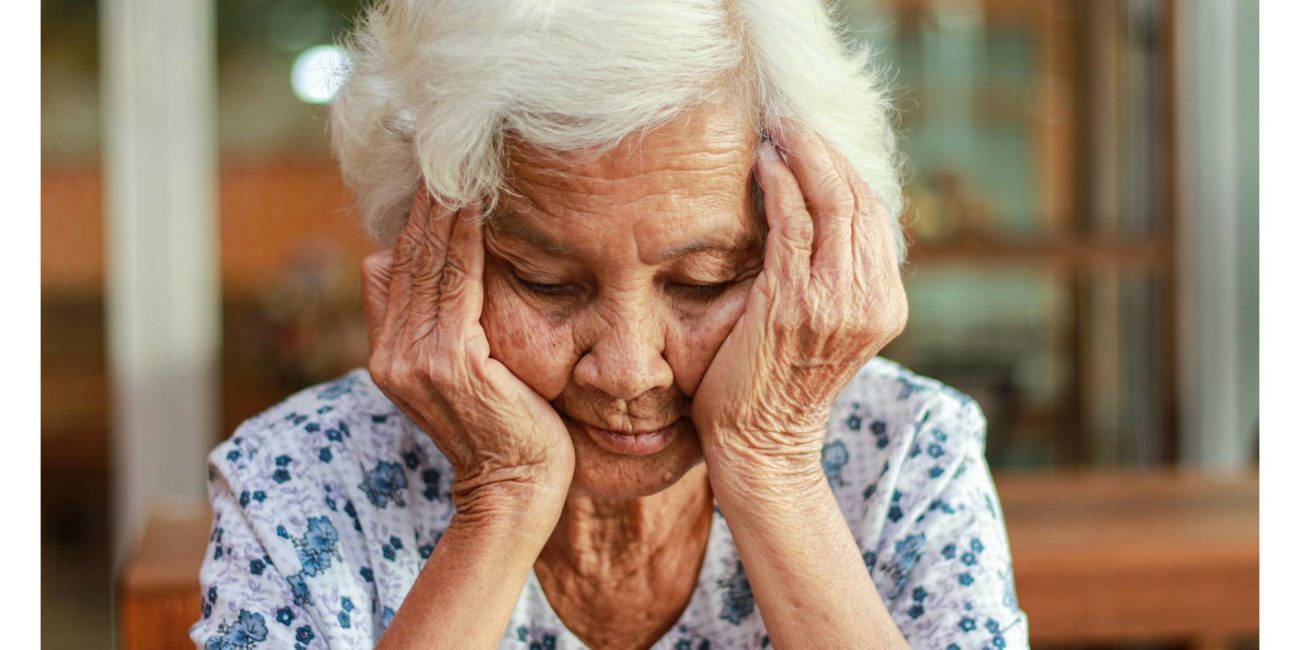
Physical or Emotional Distress
What’s happening?
This stage of grief can be particularly dangerous to the affected person’s physical and emotional health. Oftentimes, grieving individuals will begin to feel a sense of hopelessness. As they see others around them move on with daily life, they might begin to think that nobody cares. They might present symptoms such as shortness of breath and a tightness of the throat associated with anxiety. This stage is also characterized by poor appetite, lack of energy, bad sleeping habits, and digestive problems.
What can you do?
First of all, remind your grieving parent that you are there for them. Then, make sure to ask if they are eating, sleeping, exercising, and drinking water. Their grief might cause them to neglect their physical health, which will only make their condition worse. Good sleep, exercise, and diet are amongst the most important things they can be doing to improve their mental health.
Depression
What’s happening?
Keep in mind that depression can come hand in hand with the symptoms mentioned in the “physical and emotional distress” stage. Depression resulting from grief is characterized by a sense of unbearable self pity. Despair will take hold and signs of depression may be evident.
What can you do?
When your loved one is depressed, always keep an eye out for threats of self harm or suicide. In this case, it would be best to seek help from a qualified third party. You might suggest a checkup with their primary care provider, who can refer your loved one to a psychologist or therapist. Otherwise, make sure your parents are eating, exercising, and sleeping.
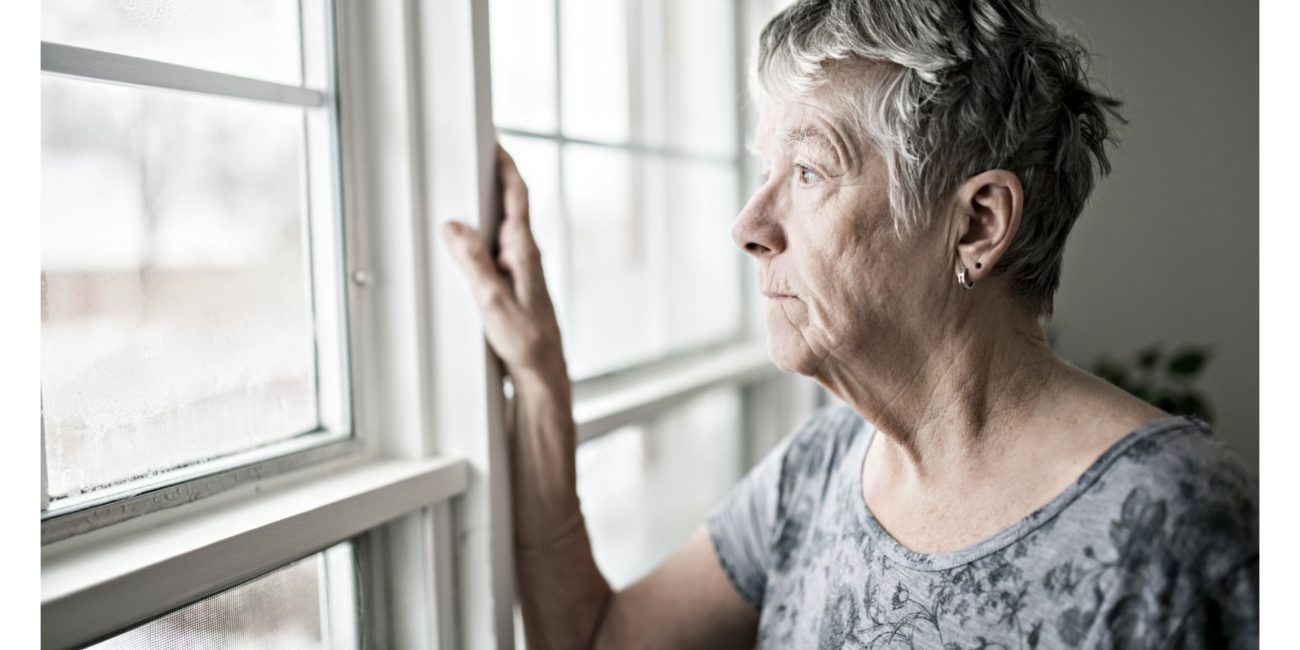
Loss and Loneliness
What’s happening?
This is the most painful stage of grief in older adults. This stage will often occur 2-4 weeks after the event as the reality of the loss sets in. As your loved one comes to terms with their situation, they might see regular problems in their life in a new light. Issues that used to be routine or small will be amplified. For example, someone who has struggled with high cholesterol for years without major complaints might make their high cholesterol into an existential and insurmountable issue without reason. They might also begin to find ways to fill the void that loss and grief has created. “Filling the void” can be done in both constructive and destructive ways.
What can you do?
In this stage, remind your loved one of the natural networks of support they have in their community. This can be things like friends, family, church gatherings, or VA meetings that give them a sense of support. If your loved one has a history of substance abuse, this is the time to watch for that behavior. In the stage of loss and loneliness, it is common for those with substance abuse issues to relapse and “fill the void” with drugs and alcohol.
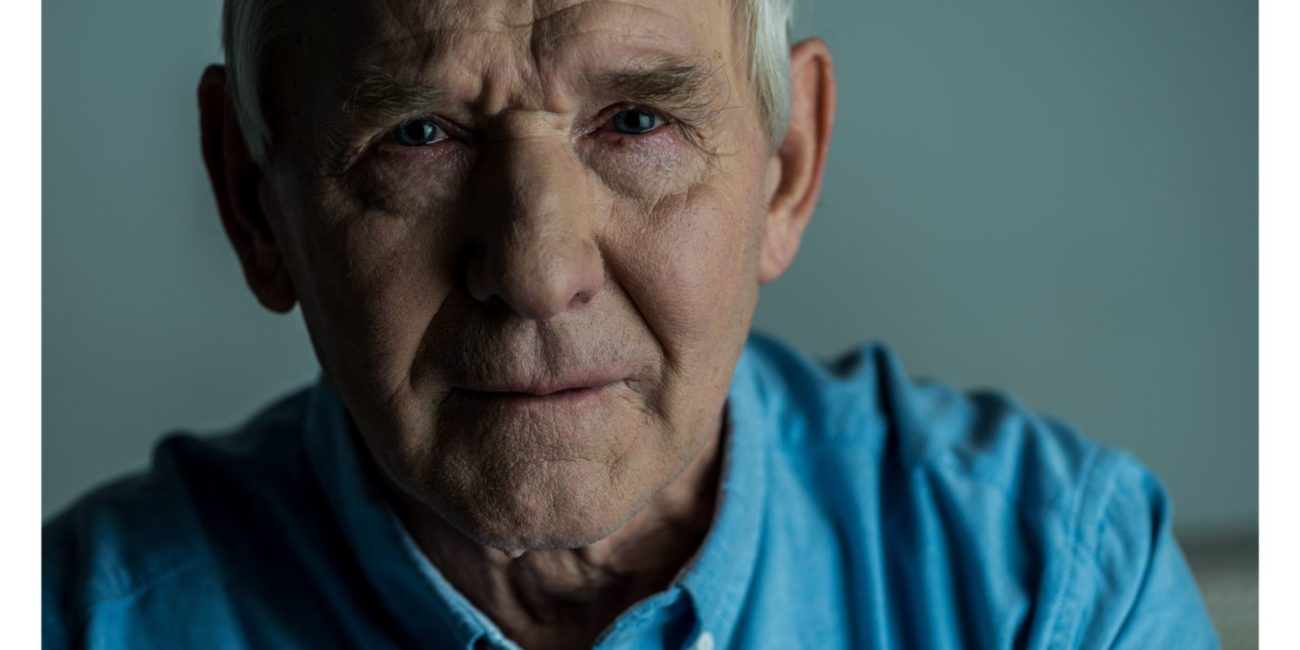
Withdrawal
What’s happening?
Withdrawal is characterized by the complete detachment from regular social ties. At this stage, your parent or loved one is likely tired of explaining their loss to those around them. As a result, they avoid social interaction and regular community events that they would otherwise enjoy and rely on.
What can you do?
At this time, allow your parent to speak without having to explain their loss. If they are not ready to engage with others and re-integrate into social life, suggest that they speak with a social worker or therapist. A professional can allow them to speak about their feelings on their own terms, and suggest ways for them to engage socially with others.
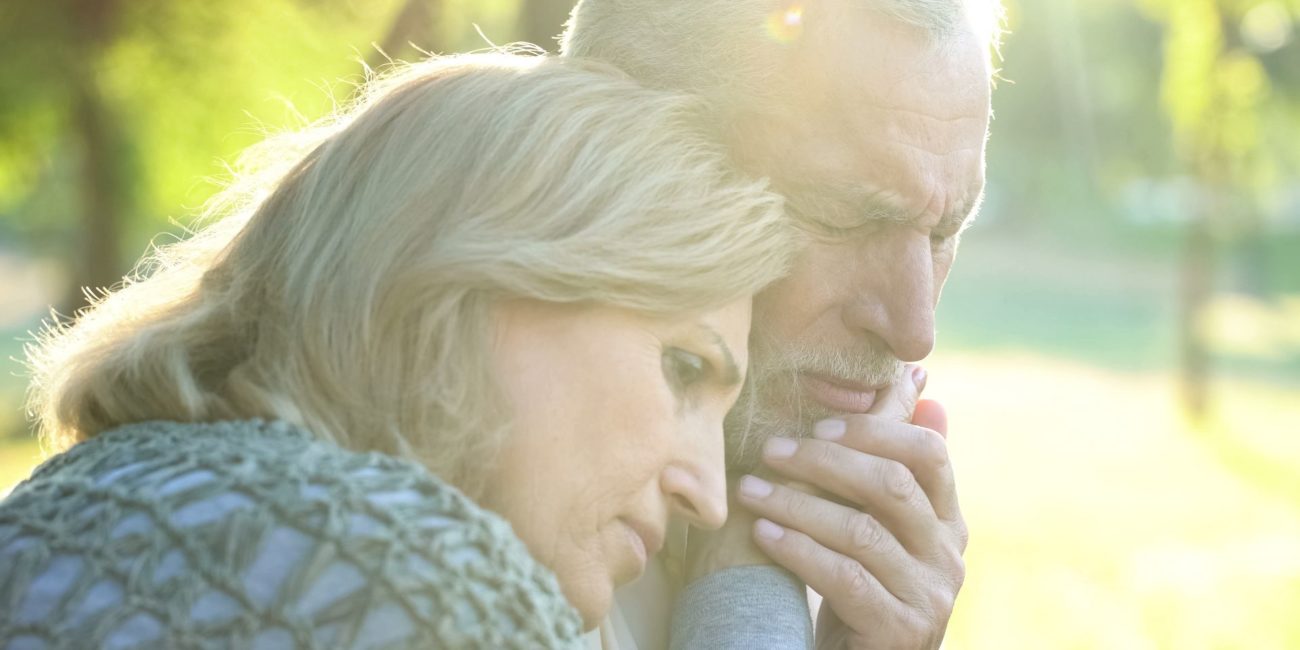
Acceptance
What’s happening?
This is the final stage of grief. New hope has emerged, replacing hopelessness and prompting constructive behavior. In order to “fill the void,” your loved one might pick up new hobbies, start an activity to honor their loss, or reach out to friends and family. Regardless, they have realized that life goes on and have begun to find joy in their own.
What can you do?
Encourage constructive behavior. Play to their interests and suggest activities that will bring them joy. This might be something as simple as seeing a new movie starring one of their favorite actors. Recognize that this experience has likely changed them as a person, and welcome those changes to their outlook on life.

Support from WellQor
As you help your parents navigate grief, don’t forget to think about yourself. Oftentimes, a loss to them is a loss to you as well. Remember that help is out there, and understand that grief is a natural and temporary response to loss. Qualified professionals such as those at WellQor can help the family cope with shared loss. With this in mind, knowing the 9 stages of grief can guide you through helping yourself and others handle loss in a healthy and constructive way.
About the Author
Candace Williams, LCSW, ASW-G, FDC, CMS, FDC, MCPM, is the Director of Clinician Development for WellQor, the nation’s leading provider of behavioral health services for Seniors. Candace received her MSW from Columbia University, and has spent over 20 years in the field developing unique interventions to better the lives of her clients. Throughout her time in the field, Candace has worked as a certified geriatric social worker, certified mediator, crisis management specialist, and family development specialist. She received the UnSung Heroes Award for her work at ground zero, where she supervised the disaster welfare inquiry center. For the last 10 years, she has specialized in working with older adults and their families, establishing herself as an industry expert with multiple published works, and regular public appearances speaking on the emotional and cognitive health of seniors. At WellQor, Candace has created an extensive clinician training program, and continues to oversee the professional development and training of new clinicians. She also moderates their unique Clinician Connect platform, where psychologists and social workers collaborate to identify the appropriate interventions for older adults who are in need of support.

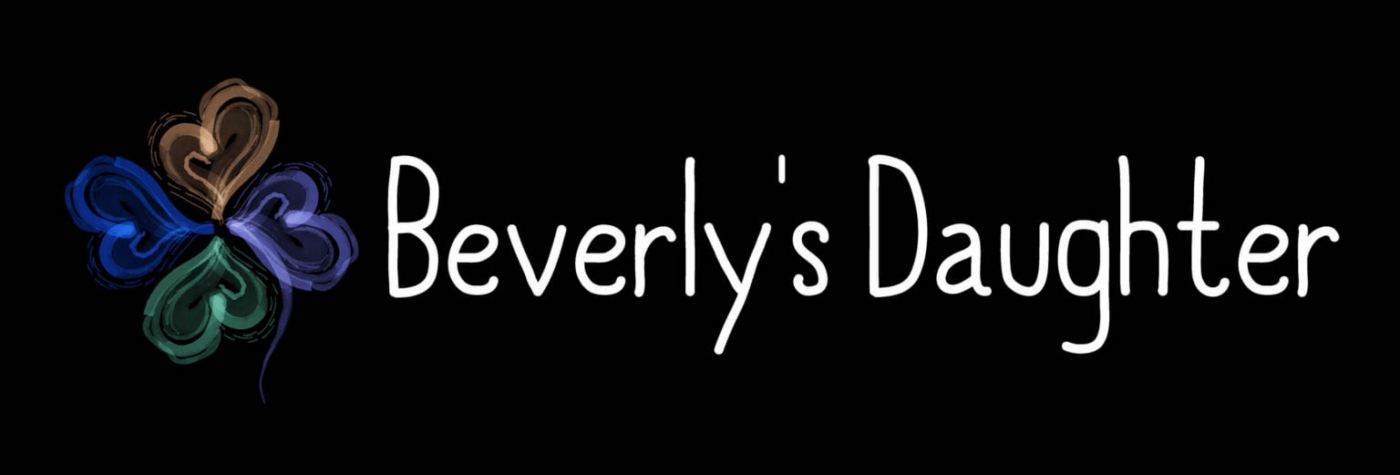

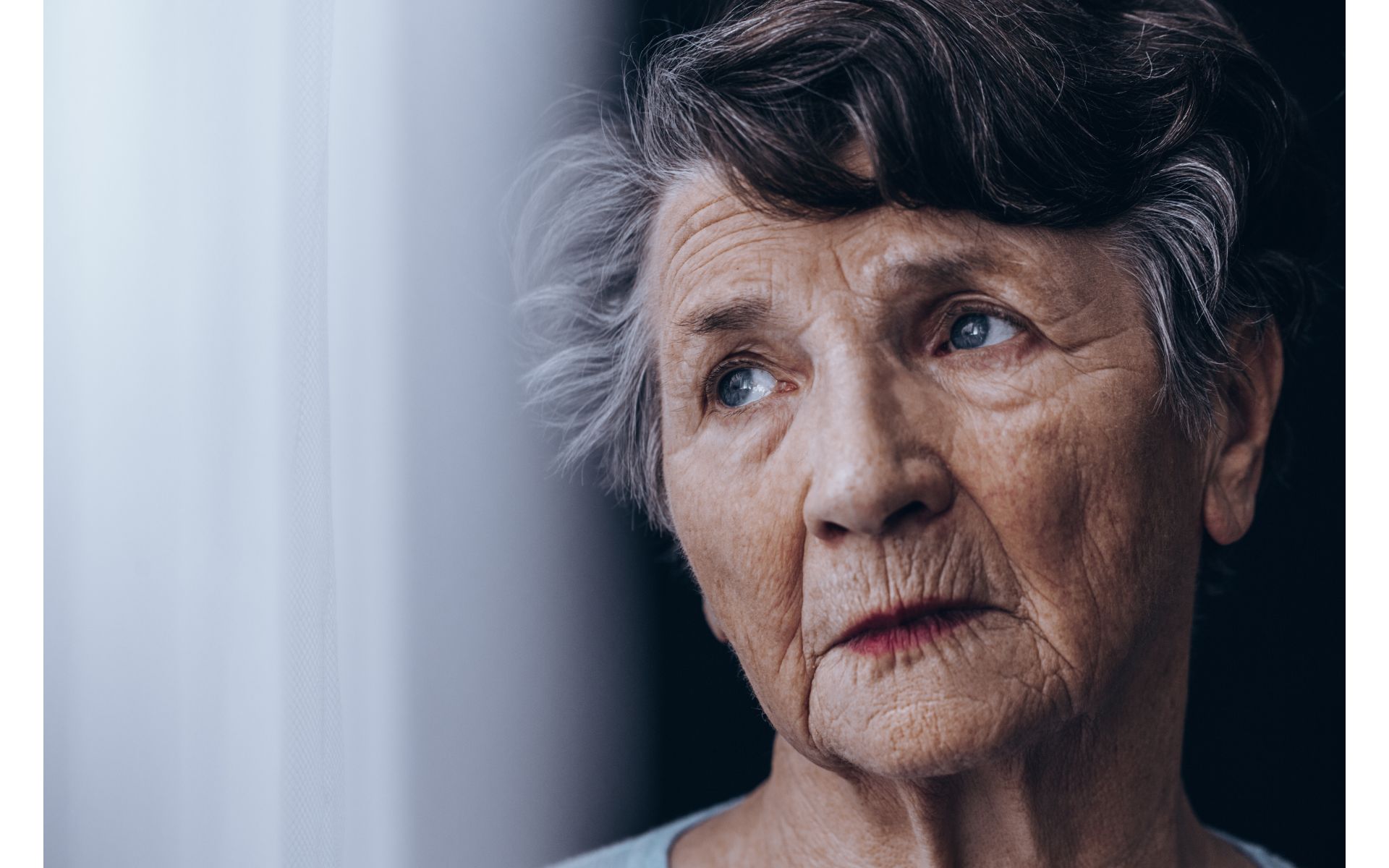
Leave a Reply